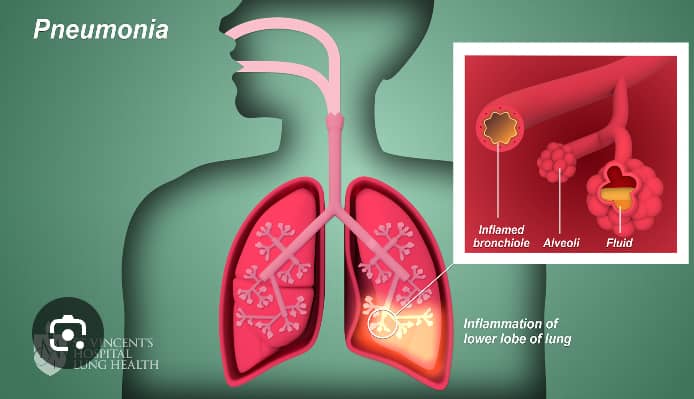
The brave healthcare workers of WHO are fearlessly delivering medical aid to those in need in hard-to-reach areas of South Sudan
By WHO
Healthcare workers in South Sudan face immense challenges in providing healthcare services to people living in hard-to-reach areas.
Gabriel Chuang, a WHO staff, and his colleagues embarked on a grueling 20-hour walk through challenging terrain to investigate a disease outbreak in the remote village of Dajo, located in Longochuk County of Upper Nile State near the Ethiopia border.
Despite having no access to clean water or shelter, Chuong and his team endured an arduous journey through unforgiving terrain, driven by their unwavering commitment to healthcare.
“We set off on this strenuous journey, walking day and night, equipped with little more than what we could carry on our heads,” Chuong recalled, reflecting on what he described as the most challenging experience of his life.
The village of Dajo, inaccessible by road due to flooding and with the nearest airstrip a strenuous seven-hour walk away, posed daunting logistical challenges. Yet, Chuong and his colleagues, bearing the minimal provisions they could carry, chose to brave the journey on foot.
“People like Chuang are our heroes. His story highlights the dire situation in which many healthcare workers operate in remote areas as they ensure to provide health services to the people in need, said Dr Fabian Ndenzako, WHO Representative in South Sudan.” “We thank and celebrate Mr Chuang, WHO teams across the country, and all the health workers for their unflinching dedication to providing health services to those most in need.”
Delivery of medicines and medical supplies to support the population
WHO supported the National Ministry of Health by deploying a multidisciplinary team comprising clinicians, nurses, and public health officers are deployed investigate a suspected viral hemorrhagic fever (VHF) outbreak in Longochuk County and provide much-needed medical services to the affected population.
The team collected samples from patients and delivered 42 essential health emergency kits, including malaria rapid diagnostic test kits, Inter-Agency Emergency Health kits, sample collection and transportation kits, cholera investigation and treatment kits, and pneumonia kits.
Thanks to the generous contribution of the African Public Health Emergency Fund (APHEF), these kits will be able to serve 10 000 people for the next three months.



































